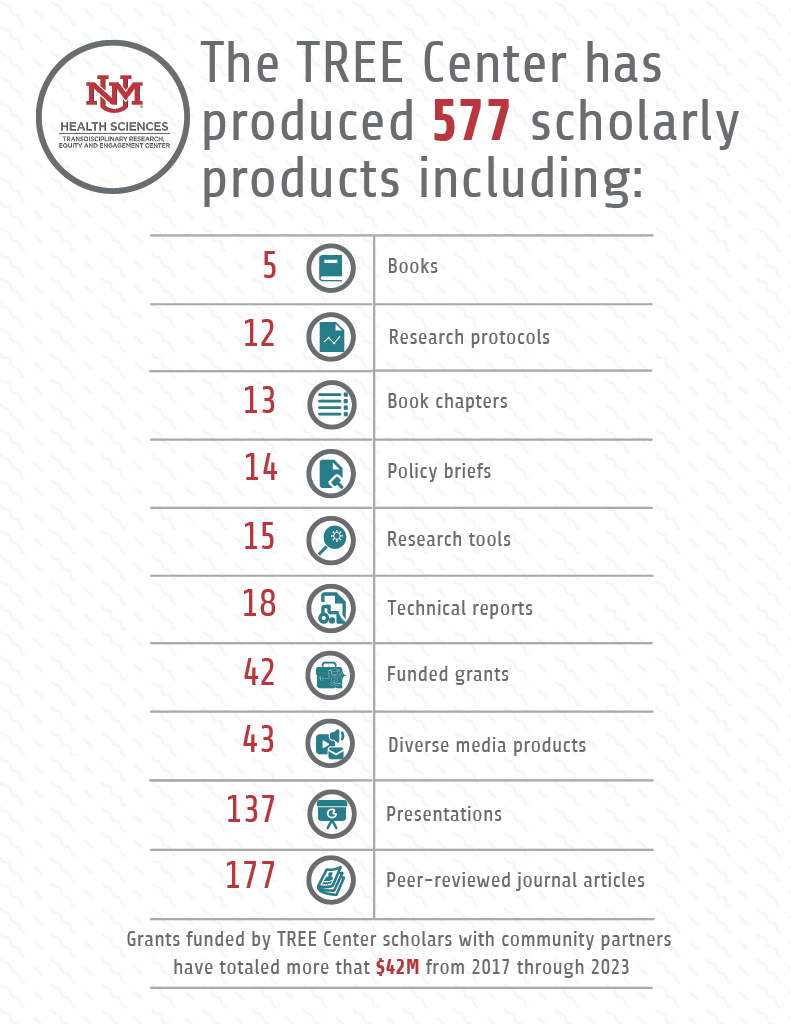
“The Immigrant Well-Being Project” aims to reduce mental health disparities among immigrants through community based advocacy, learning, and social support interventions in partnership with existing community partners and immigrant based organizations. We are using a mixed methods longitudinal design to illuminate the processes and outcomes of the collaborative, community-based intervention efforts, including the impact of the quality of the community-based participatory research (CBPR) partnerships on individual, organizational, and community-level outcomes.
Aim 1. Conduct an in-depth study of the mental health needs, stressors, current political/economic/social context, and local solutions as experienced by 24 recent and non-recent Mexican immigrants and their families (Bern Co).
Aim 2. Build on the data from Aim 1, use a CBPR approach to adapt the intervention model (IWP).
Aim 3. Use a mixed methods longitudinal design, investigate the feasibility and acceptability of the adapted community-based mental health intervention, and test the quality of the CBPR partnership and impact of the intervention on mental health problems.
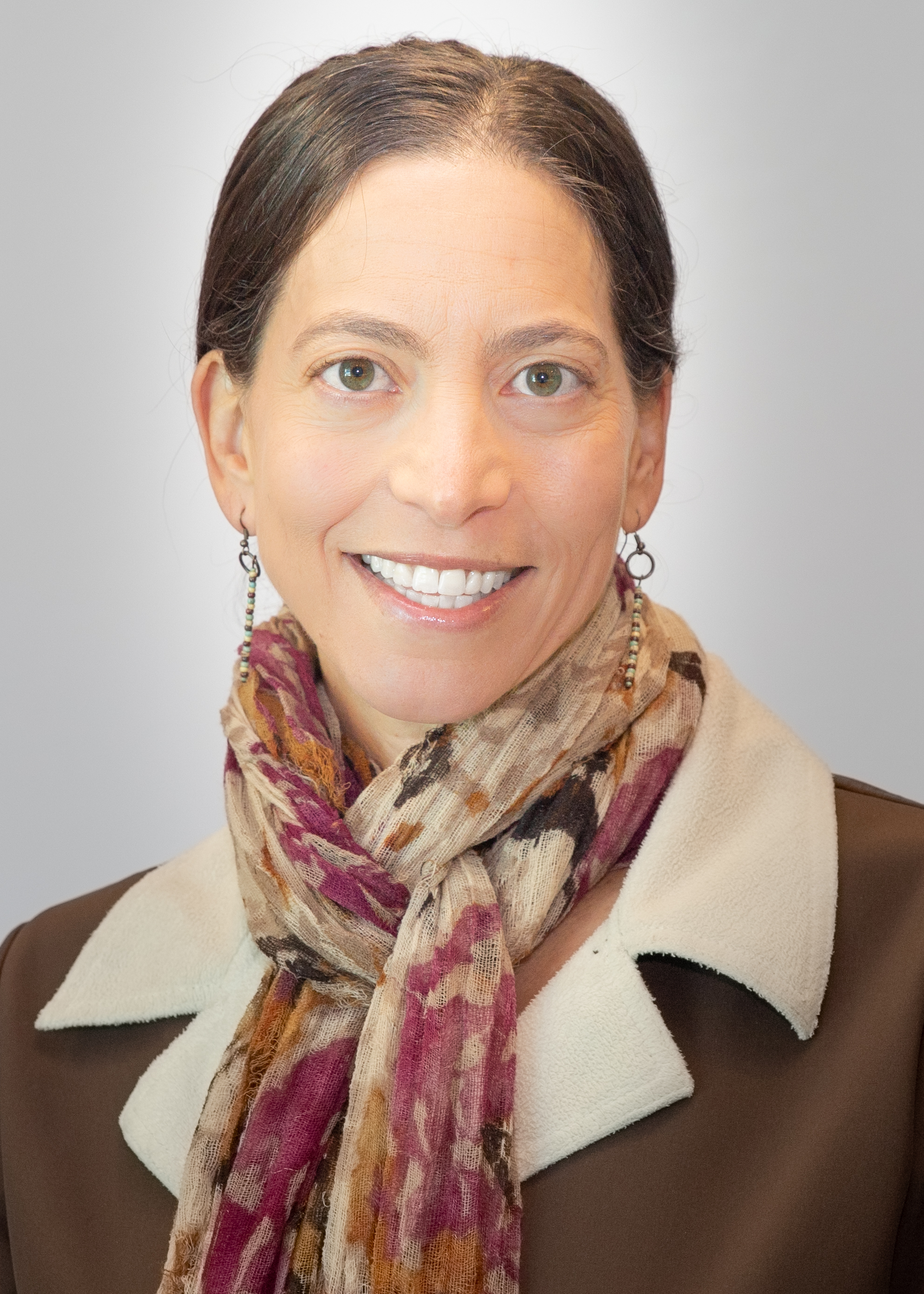 Dr. Goodkind is PI of the TREE Center Immigrant Well-being Project. Dr. Goodkind is a Community Psychologist and Associate Professor of Sociology, UNM. She is Associate Vice Chancellor of Diversity Education, UNM Health Sciences Center. Her transdisciplinary, multi-level intervention research is focused on understanding and reducing social inequities and mental health disparities.
Dr. Goodkind is PI of the TREE Center Immigrant Well-being Project. Dr. Goodkind is a Community Psychologist and Associate Professor of Sociology, UNM. She is Associate Vice Chancellor of Diversity Education, UNM Health Sciences Center. Her transdisciplinary, multi-level intervention research is focused on understanding and reducing social inequities and mental health disparities.
Her collaborative efforts with refugee, immigrant and indigenous communities to understand and address the mental health consequences of exposure to highly stressful social environments and to develop and assess processes that promote healing, well-being, and social justice.
Dr. Goodkind has expertise in qualitative, quantitative and mixed methods research. Her trajectory of NIH-funded research, includes F31 (NIMH), K01 (NIMH), R01 (NIMHD), and a core research project of a U54 Health Disparities Center (NIMHD). Her research builds evidence of the necessity of reducing social inequities related to race, gender, immigration status, and nationality to improve mental health and reduce mental health disparities.
Her research engages with the core question of how to most effectively address social determinants of mental health. Dr. Goodkind’s research focuses on community-based participatory approaches that connect resources of universities to their broader communities and that emphasize mutual learning and social change.
Contact Dr. Goodkind: jgoodkin@unm.edu
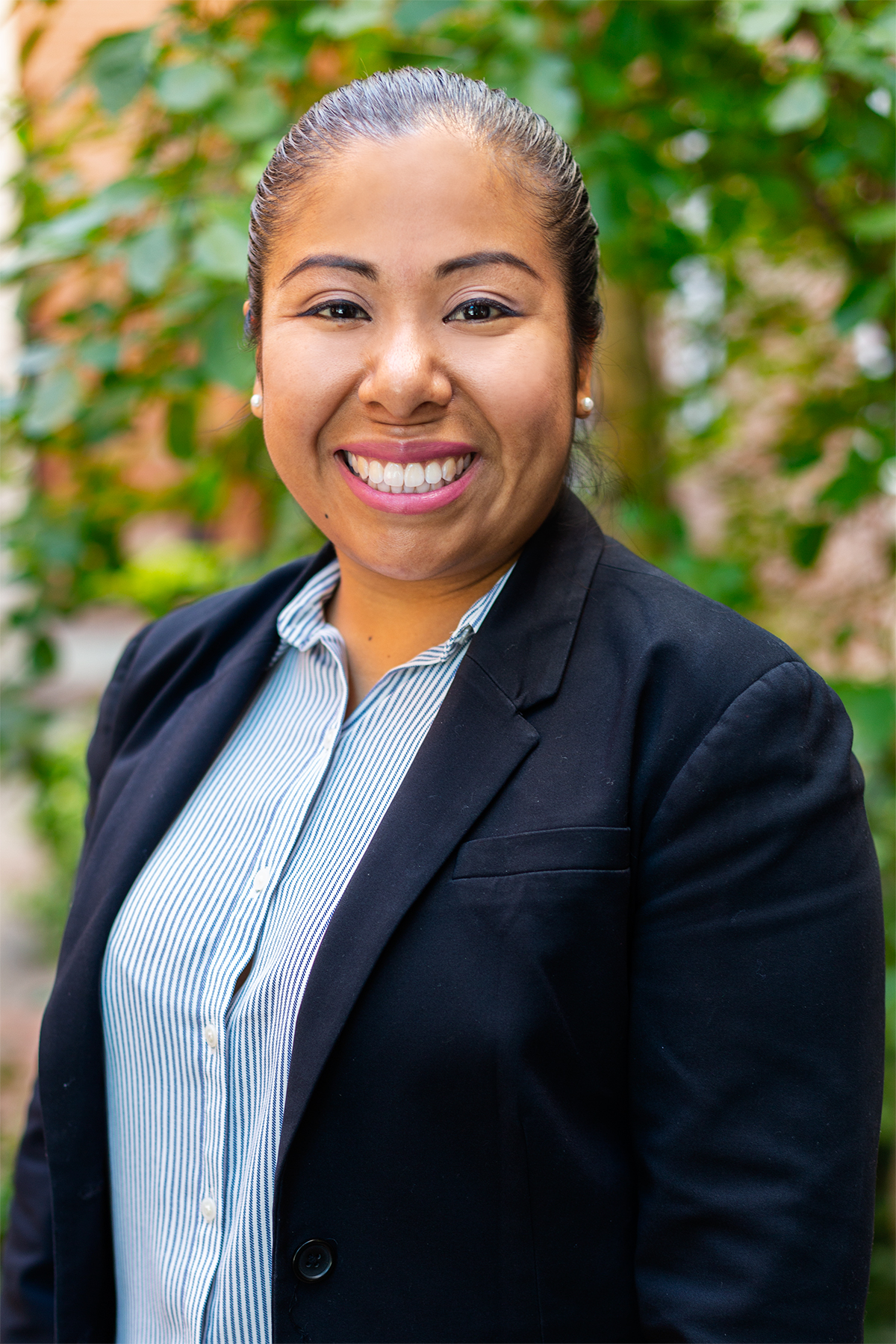 Dr. Guzman is a Research Faculty in the Department of Sociology. She is a Co-Investigator on TREE Center, Immigrant Well-being Project. She is a Post-Doc Fellow at Oregon Health Science University, Department of Family Medicine, and sociologist trained in medical sociology, health policy, & race and ethnicity.
Dr. Guzman is a Research Faculty in the Department of Sociology. She is a Co-Investigator on TREE Center, Immigrant Well-being Project. She is a Post-Doc Fellow at Oregon Health Science University, Department of Family Medicine, and sociologist trained in medical sociology, health policy, & race and ethnicity.
She is engaged in research concerning immigrants, SDOH, medical education, mental health and wellbeing, as well as cultural/structural competency, and humanities in medicine. Her background includes mixed methods, participatory research approach, and utilizes a range of qualitative methodologies including interviews, focus groups, and case study data. As a community-engaged researcher, she works at multiple levels of the social ecology, with Inter-disciplinary teams.
She collaborated with former Center on Budget and Policy Priorities Sate Policy Fellow at NM Voices for Children, Satcher Health Leadership Institute Fellow at Morehouse School of Medicine and a Robert Wood Johnson Foundation Center for Health Policy fellow at UNM. Her broader research agenda is concerned with inequities in medicine, health, and health delivery among populations of color, particularly immigrant communities, and bridging the gap between theory and practice from an equity and inclusion perspective. Contact: vasqueze@unm.edu
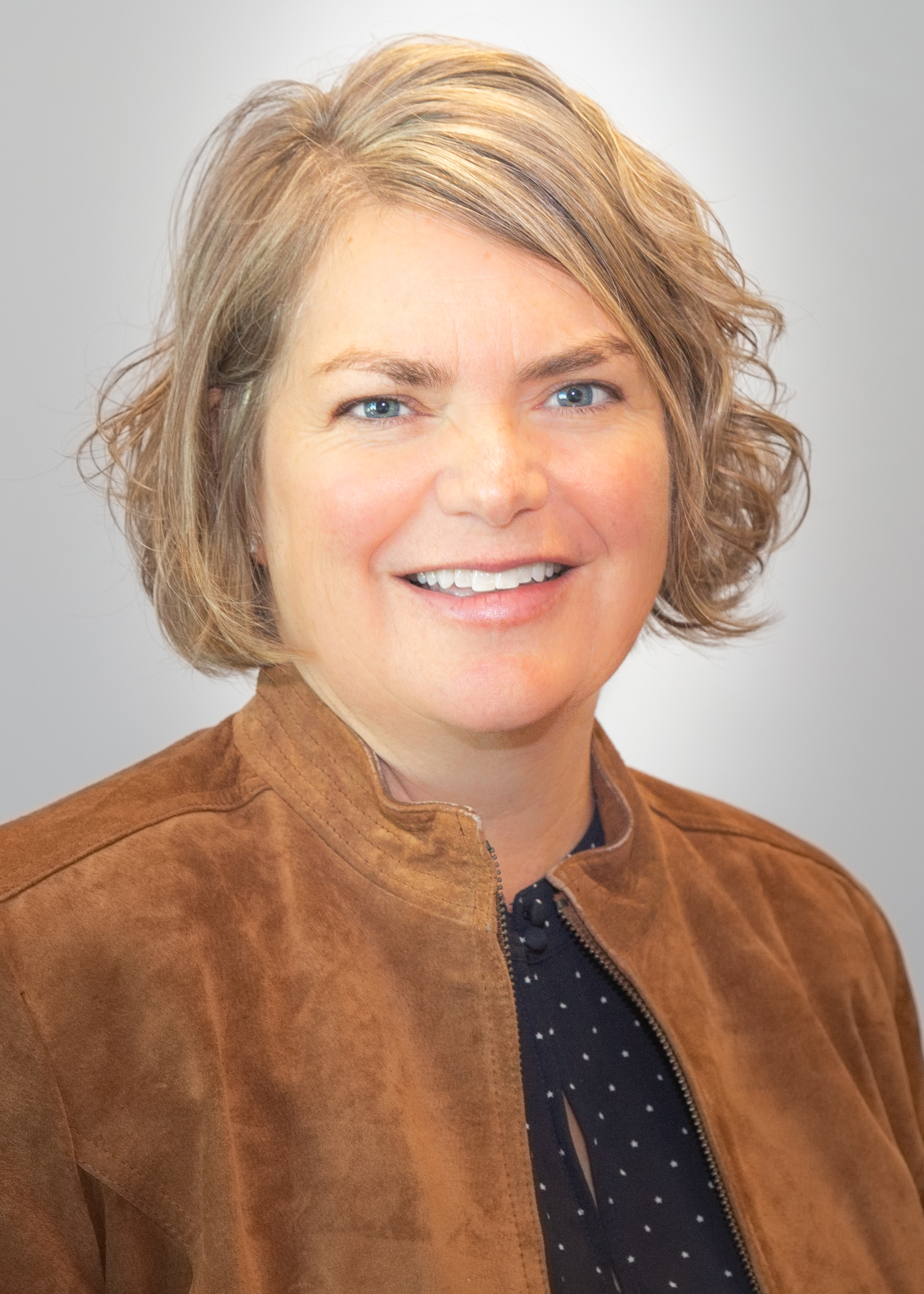 Dr. Hess is a Research Assistant Professor, UNM Prevention Research Center (PRC), Department of Pediatrics. She is a sociocultural anthropologist. Dr. Hess, Co-Investigator on TREE Center, Immigrant Wellbeing Project.
Dr. Hess is a Research Assistant Professor, UNM Prevention Research Center (PRC), Department of Pediatrics. She is a sociocultural anthropologist. Dr. Hess, Co-Investigator on TREE Center, Immigrant Wellbeing Project.
She is a recipient of TREE Center Pilot Award for Designing a Culturally Appropriate Group Navigation Model to Improve Mental and Emotional Health Equity for Spanish-Speaking Latina Women. She is Co-Investigator on VIVA III: Healthy Places—Healthy People, translating physical activity recommendations, scale-up and dissemination in Navajo Communities.
Dr. Hess’ research interests are: Transnational migration; health and well-being; social determinants of health; health equity; U.S. immigration; refugees; community-based participatory research; collaborative, participatory research methods. Dr. Hess is a collaborator and advisor on qualitative methods in mixed methods projects that aim to address health disparities. Contact: jmhess@unm.edu
“Integrating Intergenerational Cultural Knowledge Exchange with Zero Suicide” works collaboratively with a Southwestern tribal nation to integrate cultural knowledge and language into primary care settings as a means of suicide prevention. This research study is an innovative study in that it incorporates Zero Suicide into primary care settings. The goal of this study is to determine the effectiveness of Zero Suicide plus a cultural component (ZS+) (experimental group) compared to Zero Suicide (ZS) alone (control group) on suicidal ideation, behaviors, and resiliency in a randomized control trial of 138 American Indian (AI) youth ages 12-24 at two rural primary care clinics in the community. The long-term goal of this study is to determine which is more effective at reducing suicidal ideation and behaviors and increasing resiliency, ZS+ or ZS alone. Data will be collected from all participants at 4 time points: baseline, 12-weeks, 6-months and 9-months to explore the effects of the intervention over time.
The ADRD supplement [Illuminating the Sociopolitical Contexts of Cognitive Decline Among American Indian/Native American and Latino Older Populations in Rural/Frontier Contexts] is just one of three supplements that the TREE Center has received. Replace this section with text reflecting all three projects:
In addition to our core and pilot research activities, three additional research supplements have forged multi-disciplinary team science on health disparities across diverse populations: 1) Illuminating the Sociopolitical Contexts of Cognitive Decline among AIAN & Latino Older Populations in Rural/Frontier Contexts (3U54MD004811-07S1); 2) Examining the Variable State and Local Policy Impacts of COVID-19 on Racial, Ethnic and Rural Health Disparity Populations (3U54MD004811-09S1); and 3) Addressing the Social-Structural Determinants of Mental Health and Suicide through Digital Storytelling and Youth Advocacy for Rural, Latino Youth (3U54MD004811-09S2)."
Aim 1. Using CBPR, partner with tribal stakeholders and researchers to formally manualized the KICKS cultural module for Zero Suicide (ZS+).
Aim 2. Determine if adding a cultural component to the Zero Suicide model is more effective at reducing risk factors and increasing resiliency in AI youth than Zero Suicide alone.
Aim 3. Determine the essential features of the KICKS module for adaptation by other tribes and disseminate the model.
 Dr. Deborah Altschul - (MPI) is a psychologist who is an associate professor at the University of New Mexico’s Department Of Psychiatry and Behavioral Science, and the Vice Chair of Community Behavioral Health Research. Her work is largely focused on examining the connection between behavioral health disparities, community based participatory research, and evidence-based practice.
Dr. Deborah Altschul - (MPI) is a psychologist who is an associate professor at the University of New Mexico’s Department Of Psychiatry and Behavioral Science, and the Vice Chair of Community Behavioral Health Research. Her work is largely focused on examining the connection between behavioral health disparities, community based participatory research, and evidence-based practice.
Dr. Altschul works closely with tribal communities and the state of New Mexico’s children and adult behavioral health authorities helping to develop a sustainable, culturally competent behavioral health infrastructure. She works closely with the Pueblo of San Felipe on several SAMHSA grant initiatives and an NIH research study related to suicide prevention and behavioral health services.
Contact Deb Altschul: DAltschul@salud.unm.edu
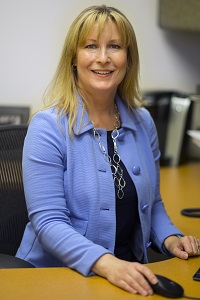 Dr. Brandi Fink, PhD - (MPI) Dr. Fink's program of research focuses on translating basic findings into novel clinical interventions with a particular focus on issues worsened by alcohol and substance use (suicide, intimate partner violence, substance use treatment drop-out and relapse). Included in this work has been an emphasis on ensuring that under-served populations are represented in this research and have the opportunity to benefit from the clinical innovations.
Dr. Brandi Fink, PhD - (MPI) Dr. Fink's program of research focuses on translating basic findings into novel clinical interventions with a particular focus on issues worsened by alcohol and substance use (suicide, intimate partner violence, substance use treatment drop-out and relapse). Included in this work has been an emphasis on ensuring that under-served populations are represented in this research and have the opportunity to benefit from the clinical innovations.
Dr. Fink has been continuously funded by the NIH since joining the faculty in the Department of Psychiatry and Behavioral Sciences and is currently a member of an investigative group who is the recipient of an NIH Construction Grant to build a specialized substance use and brain injury research facility that will serve investigators across the Mountain West region.
Contact Brandi Fink: bcfink@salud.unm.edu
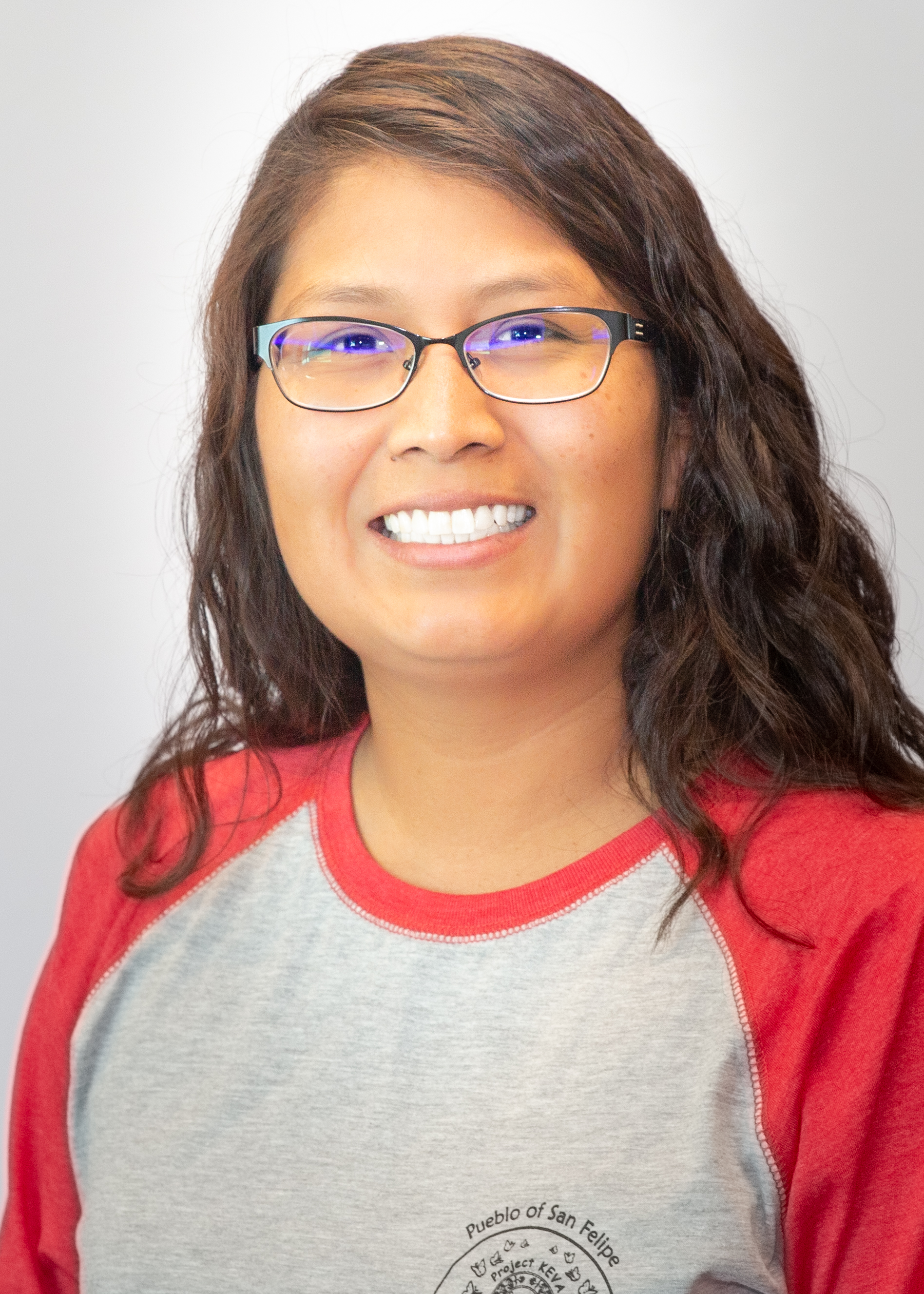 Bernice Chavez, BSW, is a San Felipe Pueblo tribal member fluent in her Keresan language. She has been employed with the University of New Mexico’s Department of Psychiatry and Behavioral Science as a Program Coordinator for over 5 years. She recently graduated with her bachelor’s degree in Social Work from New Mexico Highlands University.
Bernice Chavez, BSW, is a San Felipe Pueblo tribal member fluent in her Keresan language. She has been employed with the University of New Mexico’s Department of Psychiatry and Behavioral Science as a Program Coordinator for over 5 years. She recently graduated with her bachelor’s degree in Social Work from New Mexico Highlands University.
She is the Research Coordinator for the TREE grant and is also part of the local evaluation team under several other SAMHSA grants with the Pueblo of San Felipe where she is responsible for data collection, management, entry, and report writing.
Contact Bernice Chavez: BFChavez@salud.unm.edu
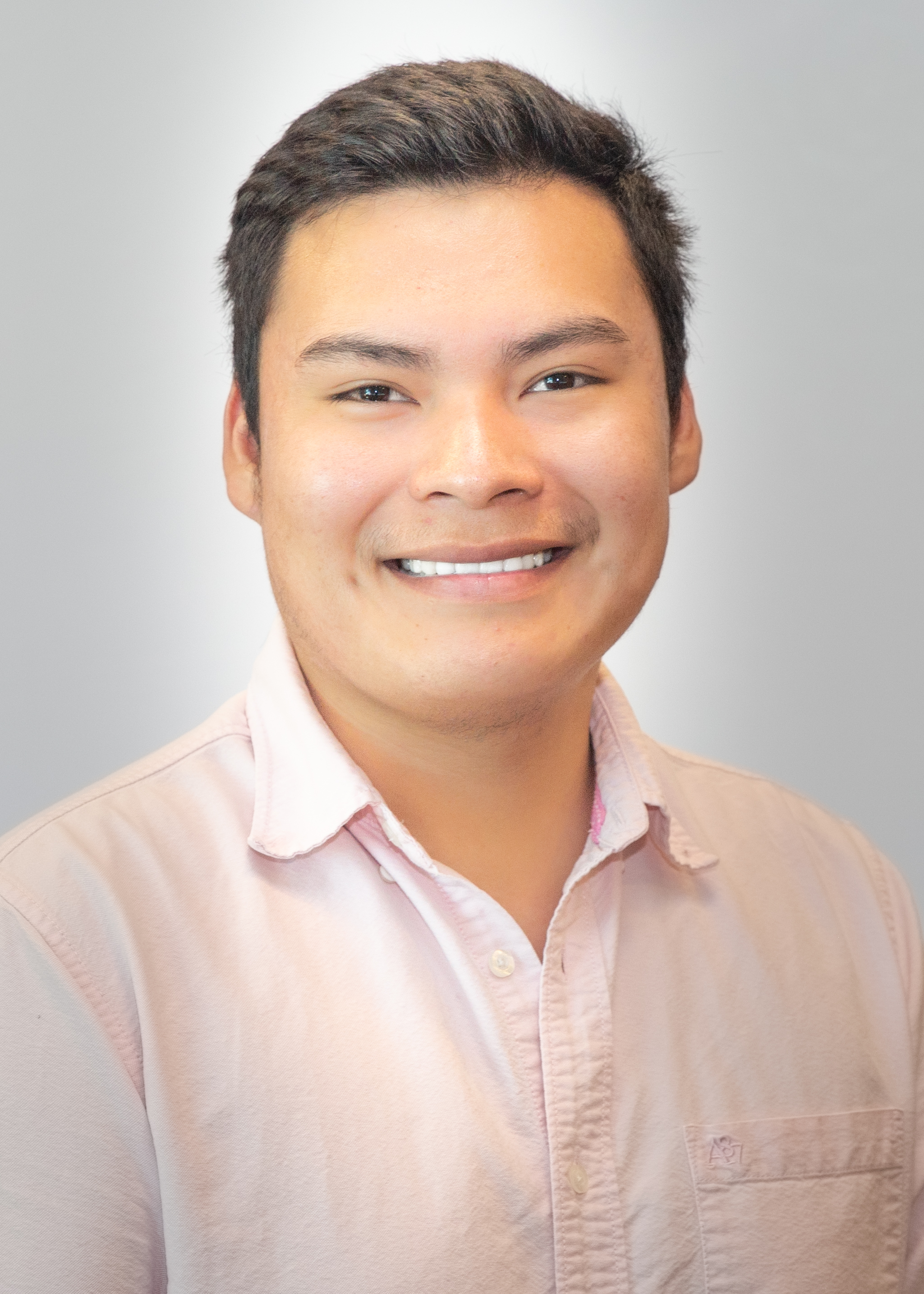 Ryan Sanchez carries years of experience in collecting client-level data on a number of SAMHSA grants with the Pueblo of San Felipe. As a community member of the Pueblo of San Felipe, Ryan is able to share data outcomes and findings to community members, tribal leaders and elders in a culturally appropriate manner. Ryan has experience as a youth mentor working on suicide and substance abuse prevention efforts; representing youth voice in community, state-wide and grantee meetings nationwide. Ryan currently works as a Program Coordinator for UNM’s Dept. of Psychiatry and Behavioral Sciences in the Division of Community Behavioral Health. His role includes data collection, reporting and management.
Ryan Sanchez carries years of experience in collecting client-level data on a number of SAMHSA grants with the Pueblo of San Felipe. As a community member of the Pueblo of San Felipe, Ryan is able to share data outcomes and findings to community members, tribal leaders and elders in a culturally appropriate manner. Ryan has experience as a youth mentor working on suicide and substance abuse prevention efforts; representing youth voice in community, state-wide and grantee meetings nationwide. Ryan currently works as a Program Coordinator for UNM’s Dept. of Psychiatry and Behavioral Sciences in the Division of Community Behavioral Health. His role includes data collection, reporting and management.
Contact Ryan Sanchez: rypsanchez@salud.unm.edu
Esther Tenorio is the Project Director (PD) for this grant as well as several SAMHSA-funded grants at San Felipe, and has a 35+-year history working in Behavioral Health programming with Native American communities. She is a Keres speaking San Felipe tribal member versed in the development of comprehensive culturally appropriate programming for Children’s Mental Health initiatives.
Jimel Sandoval currently serves as the Project Director for the Pueblo of San Felipe Systems of Care initiative. In his role, he leads an innovative program that is aimed at expanding the efforts of several SAMHSA-funded grants. With a strong cultural background and fluency in the Keres language and a Bachelor of Arts degree from the University of New Mexico, he oversees the development and successful implementation of tribal youth suicide prevention and early intervention strategies across all child and youth supporting organizations.
Maria Yellow Horse Brave Heart (Co-I; Hunkpapa/Oglala Lakota Teton Sioux) and the Director of Native American and Disparities Research in the UNM Department of Psychiatry. Dr. Brave Heart has significant experience in the field of AI behavioral health and historical trauma (HT). She was the PI for an NIMHD-funded grant that was part of the New Mexico Center for the Advancement for Research and Engagement on Health Disparities (NM CARES) P20 and a NIMH-funded R34 Pilot Clinical Trial and Feasibility study on HT. Dr. Brave Heart is a Co-PI on the proposed TREE Center, and as Co-I on this study.
Contact Maria Yellow Horse Brave Heart: MBraveHeart@salud.unm.edu
Steven Verney (Co-I; Tsimshian Alaskan Native) has extensive experience conducting RCTs in AI communities on topics related to cognitive psychological assessment and culture, and has a demonstrated record of successful research projects, including serving as the PI and Co-I on several NIH-funded projects such as his current RO1 AI RCT; and was the Director of the Research Core for the NIMHD-funded NM CARES, and is the current Co-PI on the TREE Center.
Contact Steven Verney: sverney@unm.edu
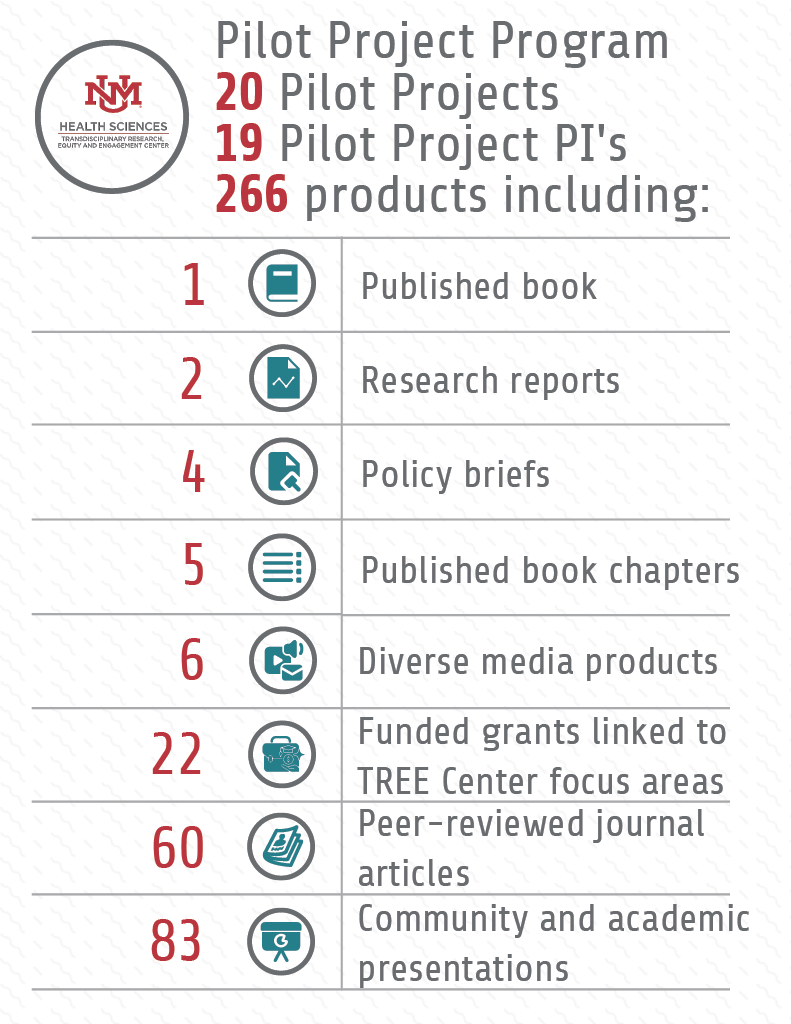
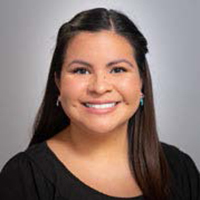
Melody Avila, DNP, RN, FNP-BC
Transforming Health Services for Youth in Protective Services: An Integrated Family Navigation Model

Melanie Baca, MD
ADAPT (Adolescent Disparities and Preventing Teen Pregnancy) Development of a Multi-Level Intervention Framework to Reduce Disparities in Unintended Teen Pregnancy among Hispanic Adolescents
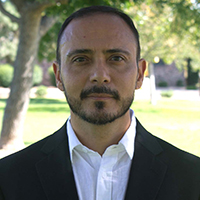
Thomas Chávez, PhD
UndocuResearch: Qualitative Analysis of Mental Health and Educational Attainment Among Undocumented and Mixed Status Youth in New Mexico Corazones Familiares: Latinx Immigrant Family Trauma and Health Narratives
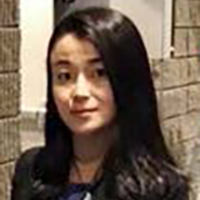
Aijuan Cun, PhD
Empowering Asian Immigrant Families Through a Literacy and Health Project During the COVID-19 Pandemic
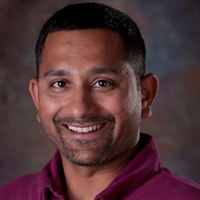
Shiv Desai, PhD
Hurt People Hurt People: Utilizing Ethnic Studies to Heal Student Trauma by Addressing the Mind, the Body, and the Spirit
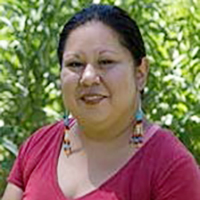
Jaelyn deMaría, PhD
Shifting Narratives for Behavioral Health Justice: The #NMspeaksCrisis Campaign. Digital Storytelling through Indigenous Art: A Community Model for Behavioral Health Action
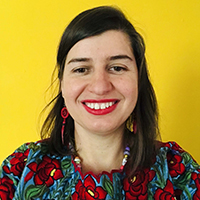
Comparative Analysis of Baseline Characteristics of The National Guard in Three Rural States Towards Implementation of Proactive Case Management
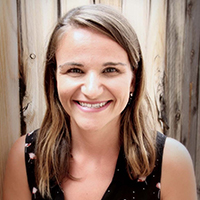
Cindy Gevarter, PhD
The Effects of Short-Term, Naturalistic Intervention Training Program for Early Intervention Providers and Latino Parents of Children with Early Signs of Autism
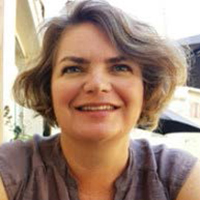
Julia Hess, PhD
Abriendo Mis Alas: Adaptation and Implementation of a Group Navigation Model to Address Mental Emotional Health Equity (MEH) for Spanish-Speaking Latinas
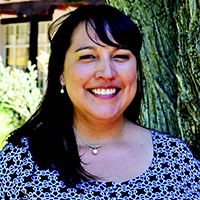
Kimberly Huyser, PhD
Sentencing Policies, Access to Substance Use Treatment, and Health Disparities Among Native Americans: A Comparative Study of Three Court Systems
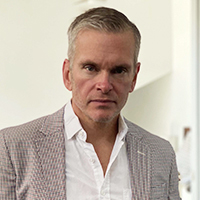
Ralph Klotzbaugh, PhD, RN, FNP-BC
Utilizing Gender Minority Perspectives to Describe and Operationalize Arming Behavioral Health

Jongwon Lee, PhD, RN
Lived Experience of Anti-Asian Racism and Micro Aggression Among Asian Pacific Americans (APAs) Living in New Mexico
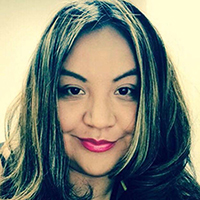
M. Crystal Lee, PhD, MPH
A Global Profile of Indigenous Adolescents and Young Person’s Health
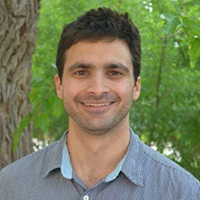
Noah Painter-Davis, PhD
Sentencing Policies, Access to Substance Use Treatment and Health Disparities Among Native Americans: A Comparative Study of Three Court Systems

Monique Rodriguez, PhD, LPCC
Transforming Health Services for Youth in Protective Services: An Integrated Family Navigation Model
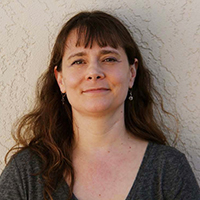
Pilar Sanjuan, PhD
Project SuM (Support for Maternity) Providing Expanded Continuous Labor Support to Pregnant Women in New Mexico with Substance Use Disorders
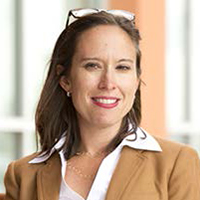
Shannon Sanchez-Youngman, PhD
Adapting Evidence-Based Knowledge and Practice to Increase the Capacity of a Community Health Coalition to Reduce Suicide Risk Factors in Rural New Mexico

Tiffany Otero, PhD
Addressing the Impact of Adverse Childhood Experiences Through School-Based Programming in a Diverse Community
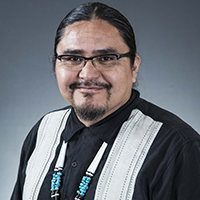
Vincent Werito, PhD
Developing Community Partnerships Through Research to Define Community Well-Being from a Diné-centered Perspective with Three (Diné) Navajo Communities in New Mexico
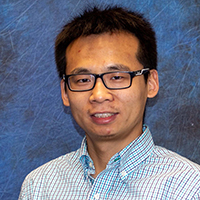
Shixi Zhao, PhD
Empowering Asian Immigrant Families Through a Literacy and Health Project During the COVID-19 Pandemic Lived Experience of Anti-Asian Racism and Micro Aggression Among Asian Pacific Americans (APAs) Living in New Mexico
In addition to core, pilot and partnered research projects, the TREE Center was
competitively awarded three NIMHD supplement grants in the 2018-2022 time period to
forge multi-disciplinary team science on health disparities across diverse populations.
|
1 |
Illuminating the Sociopolitical Contexts of Cognitive Decline among AIAN & |
|
2 |
Examining the Variable State and Local Policy Impacts of COVID-19 on Racial, |
|
3 |
Addressing the Social-Structural Determinants of Mental Health and Suicide |
These three supplement grants together leveraged an additional $700,000 and
included a project led by a TREE Center Pilot Program PI. Our “Sociopolitical Context
of Cognitive Decline” project successfully integrated multiple complex data sets
incorporating policy and socio-contextual variables with health outcomes, generating new
insights into intersectional AIAN and Latinx elder health. In addition, this supplement
included an innovative training component, engaging 14 emerging scholar trainees in its
in-person arm and eight emerging scholar trainees in its web-based arm. Our “Policy
Impacts of COVID-19” project also took an intersectional approach, finding that
pre-existing contexts of inequity significantly shaped not only the strength, but also the
observed direction of impacts of policy actions on COVID-19 case levels throughout the
initial phase of the pandemic from outbreak to first vaccine administration in 2020.
UNM Transdisciplinary Research, Equity and Engagement Center for Advancing Behavioral Health (TREE Center)
1011 Las Lomas Rd NE
Albuquerque, NM 87102
MSC07-4265
1 University of New Mexico
Albuquerque, NM 87131
NIMHD Grant #U54 MD004811-10
Office: 505-243-6803
Director and Principal Investigator
Lisa Cacari Stone, PhD, MS, MA (ella y suya/ she, her and hers)
lcacari-stone@salud.unm.edu
Email: treecenter@unm.edu